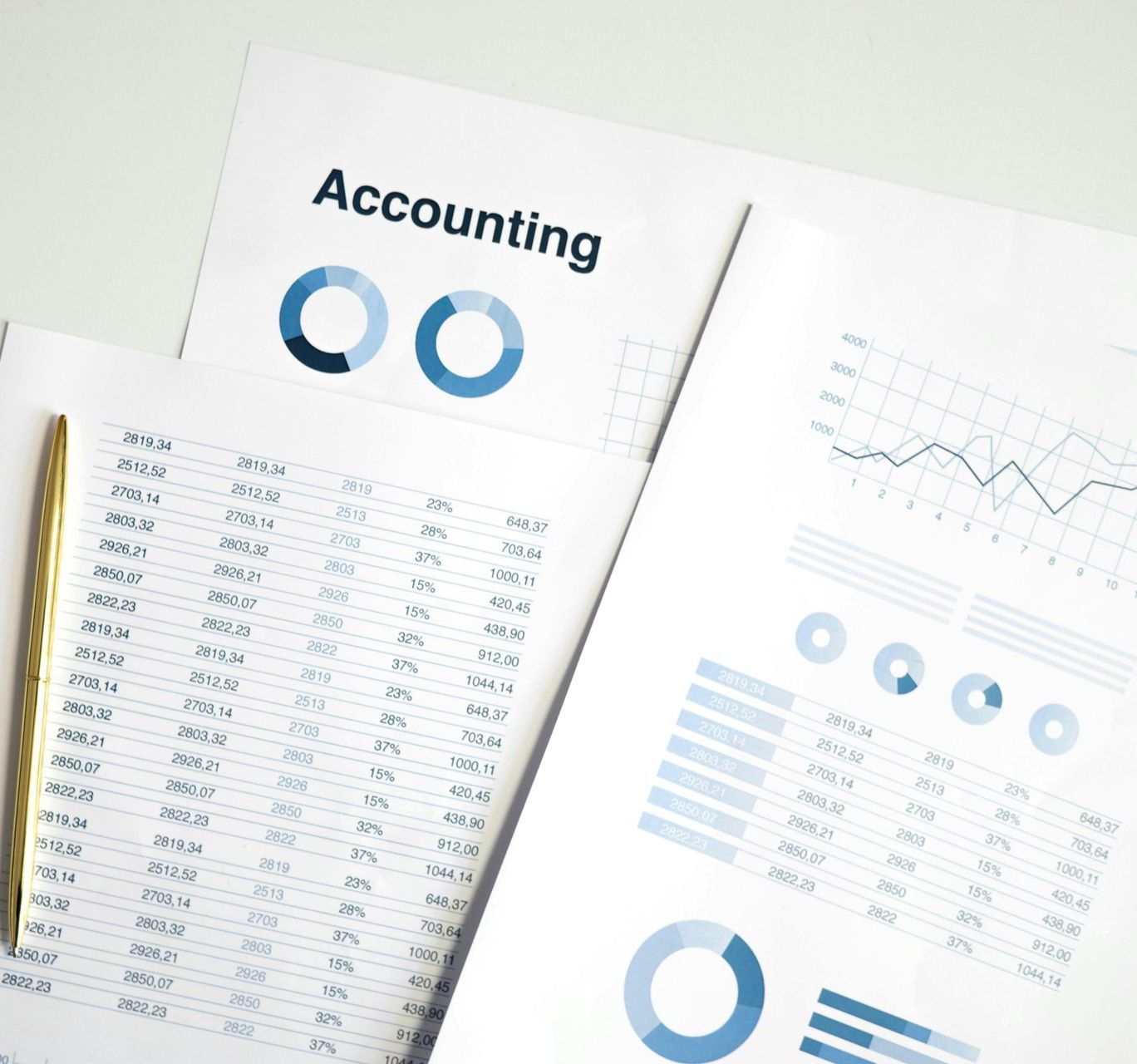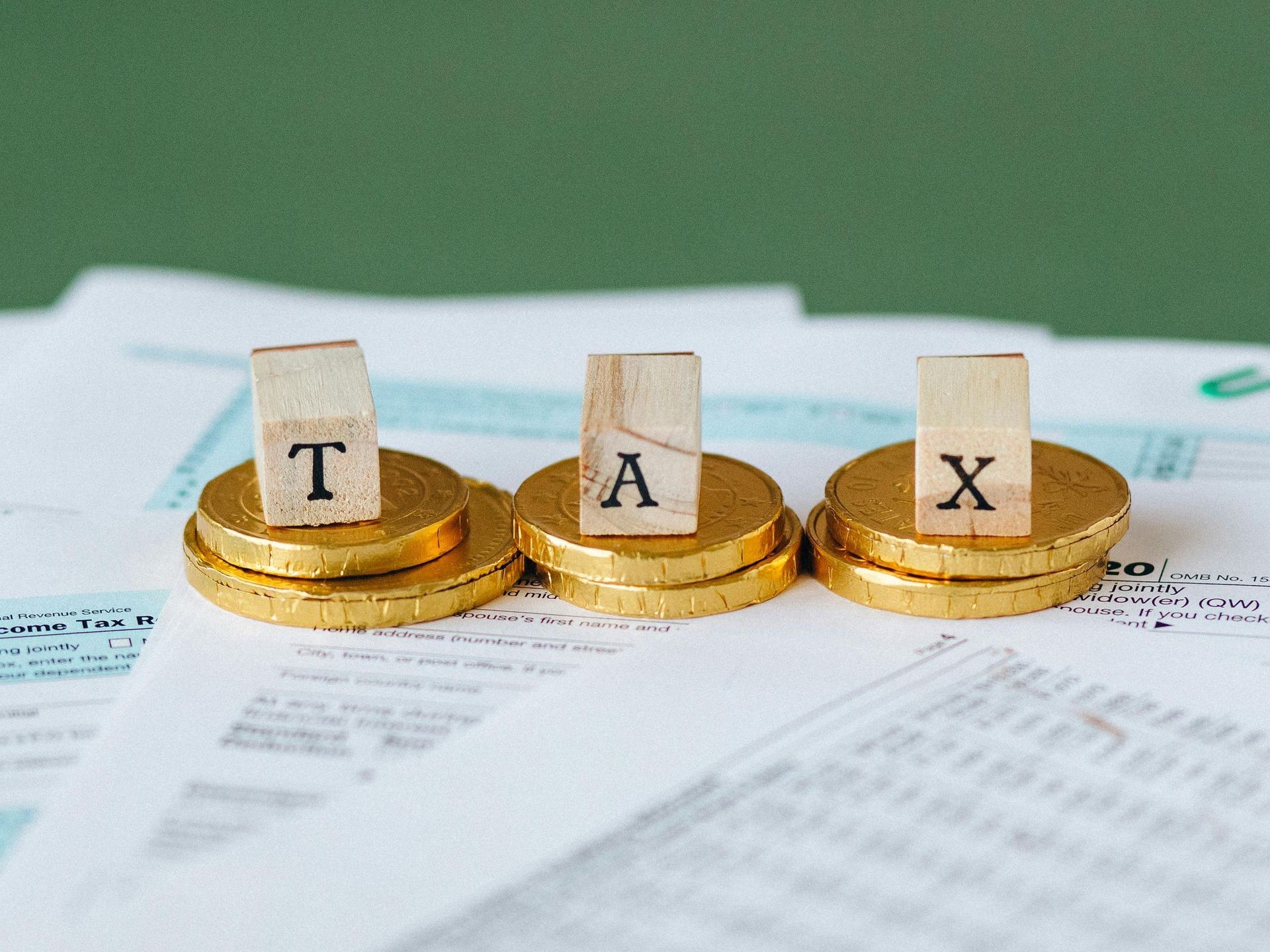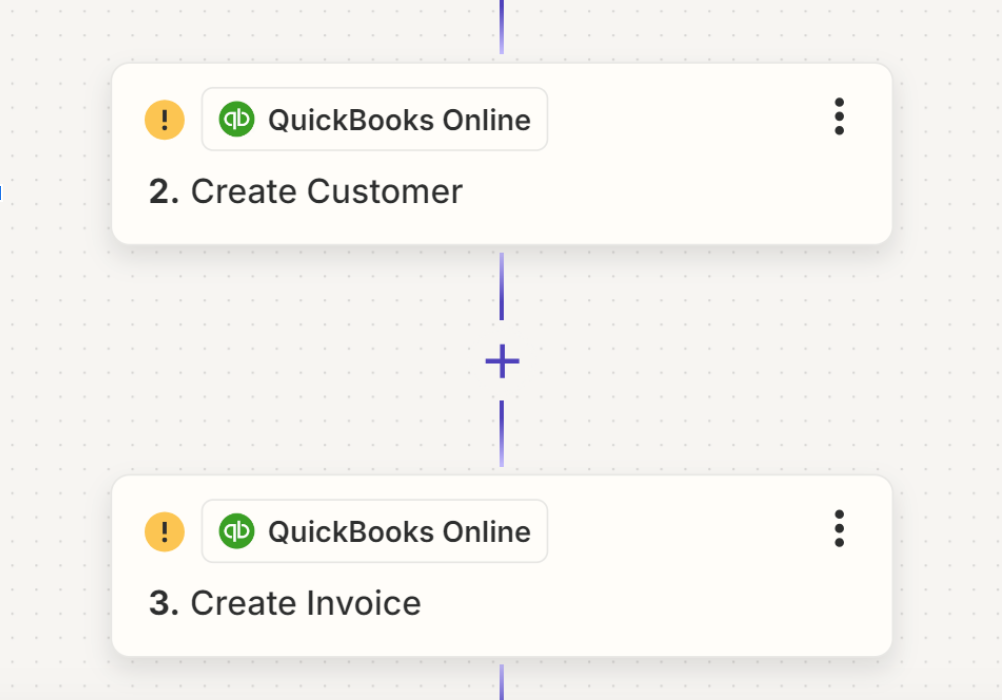Bookkeeping Basics for Small Businesses
Are you ready to dive into the wonderful world of bookkeeping for small business owners? Buckle up, because it’s going to be a wild ride.
First,
let’s chat about keeping paperwork for asset purchases. Remember that time you impulsively bought a giant espresso machine for your cozy little cafe without saving the receipt? Bad move, my friend. Assets - like equipment, real estate, and vehicles - are significant investments, and it’s crucial to keep all the necessary paperwork… make sure you digitally submit it to your GrowthLab bookkeeper.
Secondly,
allow read-only access to your financial accounts for your bookkeeper. It’s like giving them a key to your house so they can do their job of tidying up without bothering you. Why waste your time digging up invoices and receipts when you can have them do it for you? Besides, bookkeepers can sometimes find embarrassing transactions that you hoped would be forgotten - like that late-night online shopping for inflatable unicorn pool floats. Don’t worry, we’re a judgment free zone.
And let’s not forget an accounting rule as old as time: debits should always equal credits. It’s like making sure both train tracks lead to the same place - otherwise, chaos ensues. In
bookkeeping, this means that every transaction needs to have an equal and opposite reaction. It’s like Newton’s Third Law but with less physics and more spreadsheets. But don’t worry, we’ll take care of this part.
Lastly,
categorize your transactions correctly for
tax
purposes. Did you know that cat food isn’t a legitimate business expense unless you own a cat cafe (Honestly, that would be awesome). But seriously, tax season is no joke, and categorizing your transactions can save you from potential IRS woes. Plus, it’s also a chance for you to get creative with your business acumen. After all, who says buying donuts for the office isn’t a marketing expense? (definitely not the marketing team)!
What to Record in your Books as a Small Business:
1. Keep track of what the purchase was.
What did you spend money on? Knowing what you’ve spent your hard earned cash on will help you understand where your business stands tangibly. You know that expression, “what you spend on grows”, right? (skip the frivolous online shopping for now.
2. Keep track of where you purchased it from.
Don’t be ashamed to admit it – sometimes, you might forget where you bought something from (we won’t tell anyone). But when it comes to tracking your business expenses, it’s important to remember the vendor or store you made the purchase from. Trust us, it’ll save you from some awkward emails in the future.
3. How much did it cost?
Okay, we know that keeping track of expenses isn’t everyone’s favorite hobby, but it’s necessary if you want to keep your eyes on the prize– earning more money. Knowing how much you spend on each purchase will help you track your spending against your budget, and help you stay on target with your financial goal.
4. When was the purchase made?
You might not be a time traveler, but it’s important to record the date and time of your business purchases. This information will come in handy when you need to track your monthly expenses or determine your tax reductions.
5. What category does it land on?
Keep your bookkeeping organized by categorizing each purchase. It might seem tedious, but it’ll make your accountant and future self thank you. Plus, when you come across that one mysterious receipt from last year, you’ll know exactly what category it belongs to (spoiler alert: it’s probably office supplies).
And there ya have it– five simple steps to keep your books in order. Have fun spending…, we mean, recording!
Key Takeaways
- Document All Assets: Maintain digital receipts and paperwork for major purchases like equipment, vehicles, and real estate.
- Streamline Access: Provide bookkeepers with read-only access to financial accounts to automate data collection.
- Maintain Balance: Follow the double-entry rule where debits must always equal credits to ensure financial accuracy.
- Categorize for Taxes: Accurately label every transaction to maximize legitimate business deductions and remain IRS-compliant.
- Record Five Essentials: For every purchase, track the description, vendor, cost, date, and expense category.
In conclusion,
These bookkeeping basics may be daunting, but they’re essential. Remember, it’s like cleaning the pipes to ensure your business runs smoothly. Trust in your bookkeeper, keep your paperwork in a safe place, make sure debits always equal credits, and categorize your transactions thoughtfully. Who knows, you might just impress your CPA and secure a spot on the accounting honor roll.
Here's What We Can Do For You
Interested in Tax Support? Contact GrowthLab today!
Frequently Asked Questions About Bookkeeping for Small Businesses
Why does double-entry bookkeeping matter for small businesses?
Double-entry bookkeeping ensures that every transaction is properly balanced, with debits equaling credits. This system improves accuracy, prevents discrepancies, and provides more reliable financial reporting.
How does categorizing transactions help during tax season?
Accurate categorization allows businesses to track deductible expenses, stay compliant with IRS regulations, and avoid unnecessary tax issues. It also provides clearer insight into spending trends and business performance.
What details should I record for every business transaction?
For clean and organized books, always track the purchase description, vendor, cost, date, and expense category. These five essentials create a strong foundation for financial clarity and reporting.
Why is it important to keep receipts and documentation for asset purchases?
Asset purchases such as equipment, vehicles, and real estate are long-term investments that affect depreciation, taxes, and financial reporting. Keeping digital receipts ensures accurate records, simplifies audits, and helps maximize eligible tax deductions.
Other Blogs Related to Small Business Accounting






